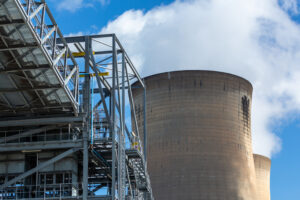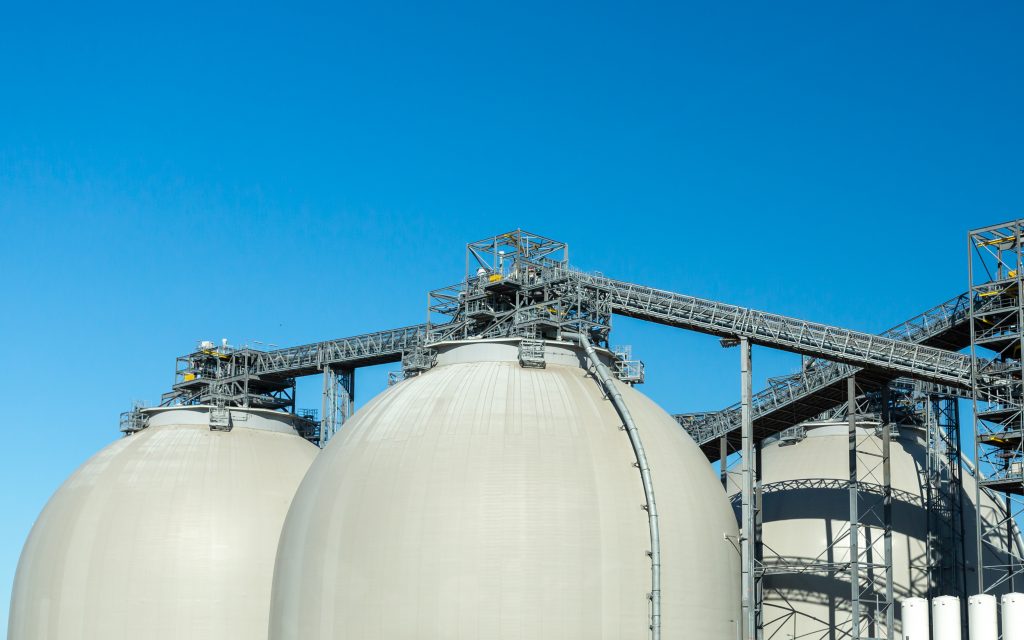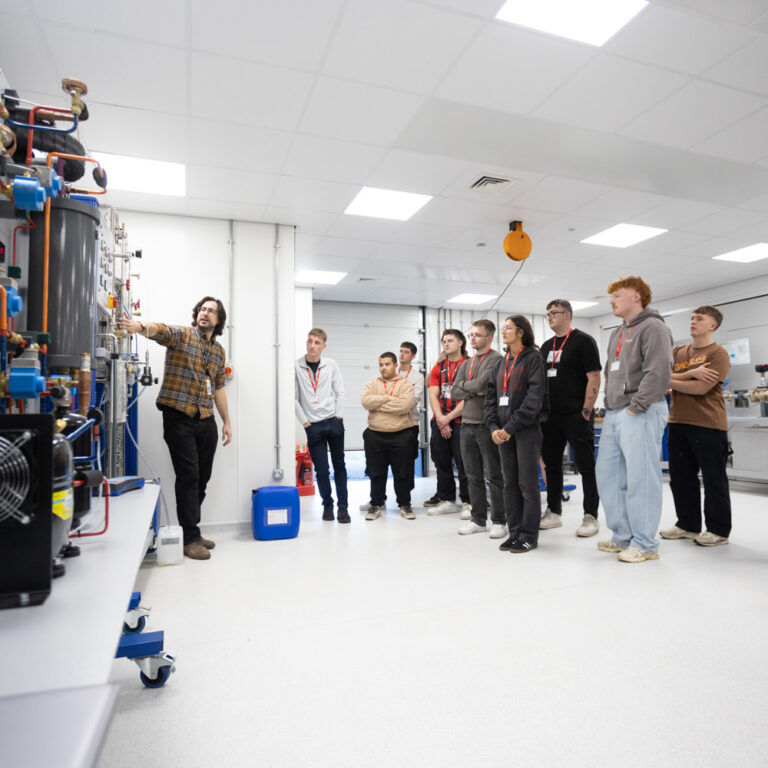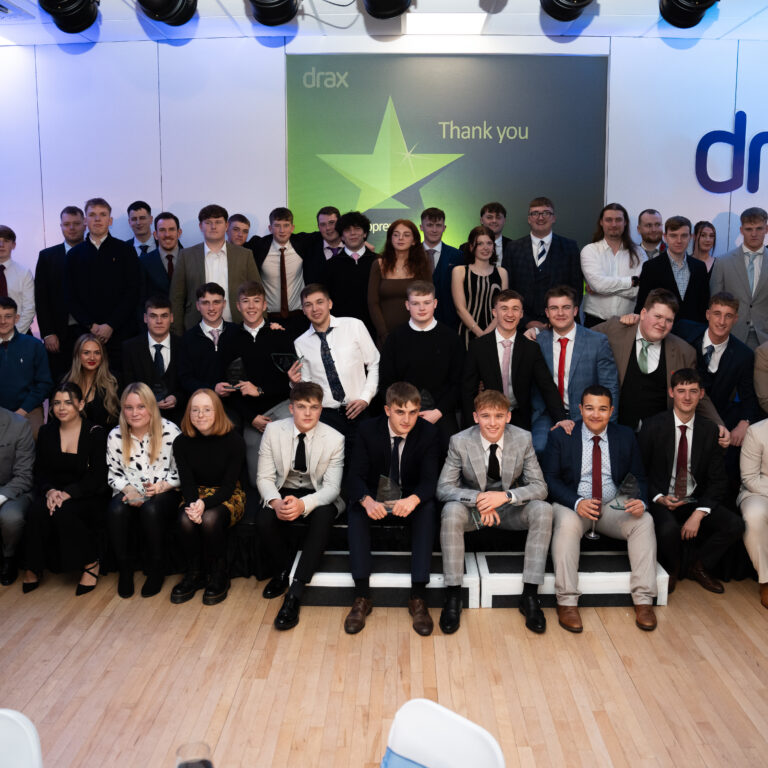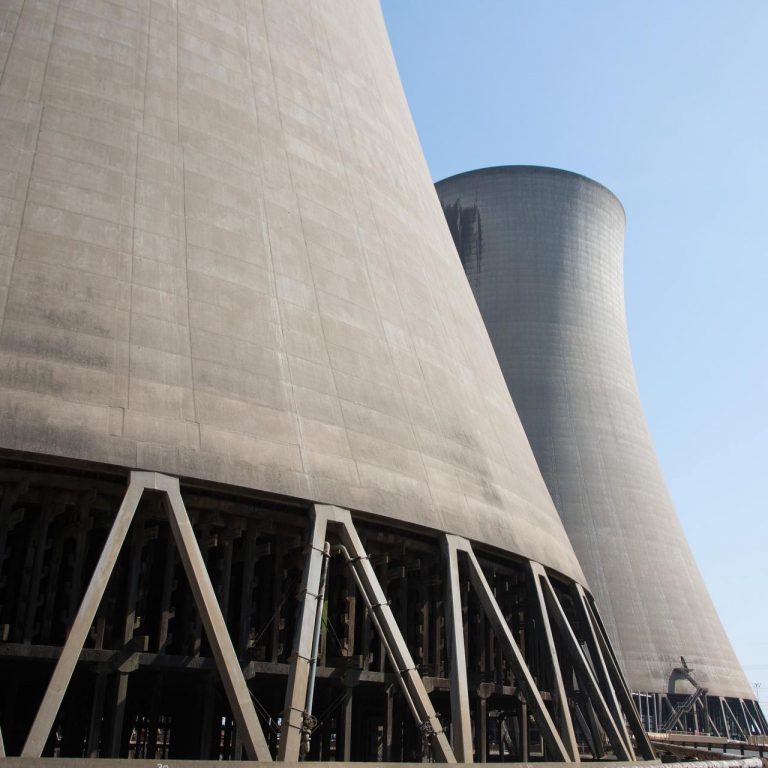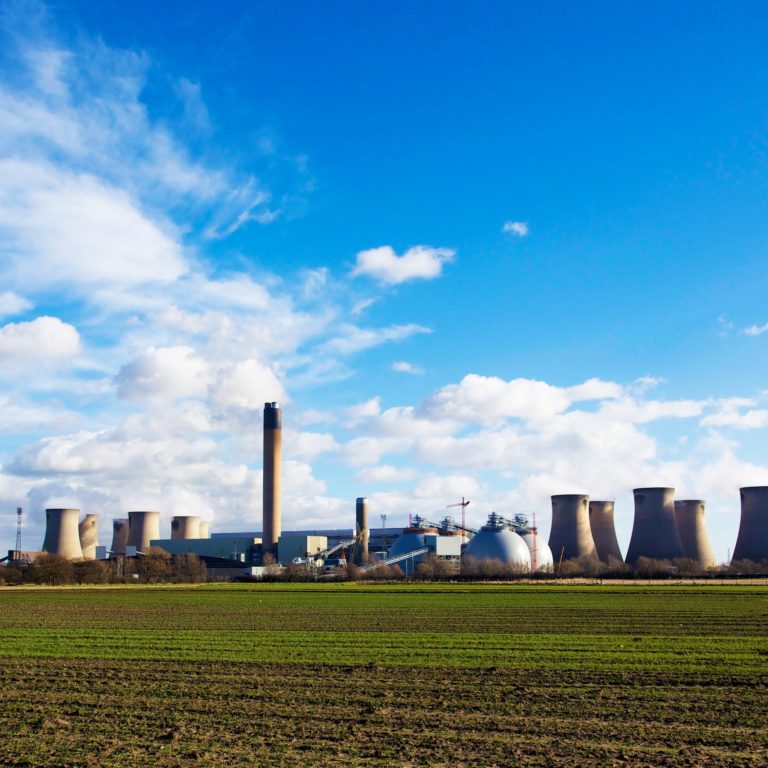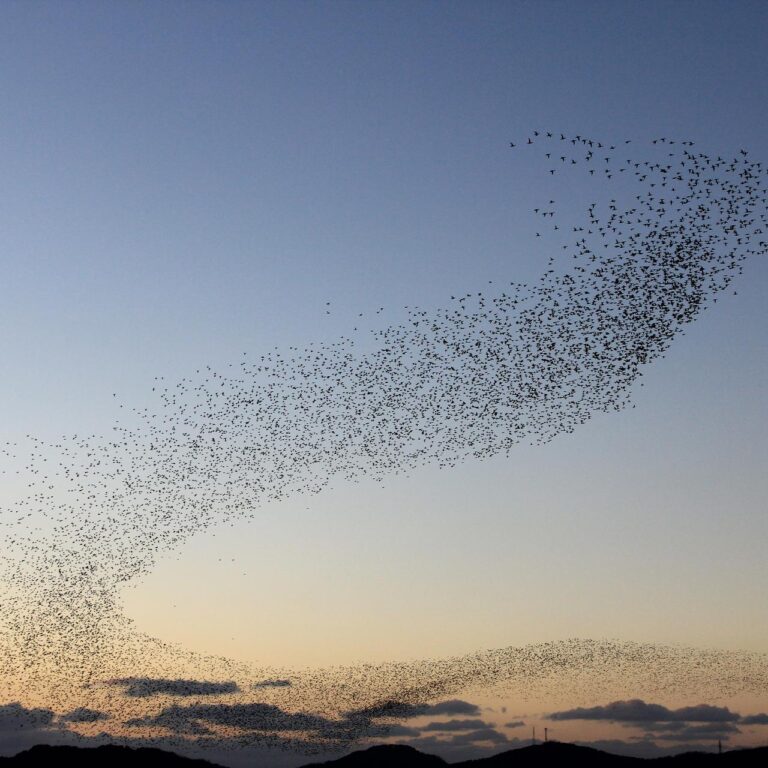The new carbon capture project, Project MONET, will test metal-organic frameworks (MOF) based Negative Emissions Technology. The project was awarded support from DESNZ through Call 2 of the Department’s CCUS Innovation 2.0 competition, which aims to accelerate the development of next generation CCUS technology.
Drax has a strong relationship with Promethean and in 2022 collaborated with the company at the North Yorkshire incubation site to test MOF-based carbon capture.
Drax’s incubation site has also previously hosted a carbon capture project by Mitsubishi Heavy Industries (MHI) and Leeds-based company C-Capture. Drax plans to use MHI’s carbon capture technology for its bioenergy with carbon capture and storage (BECCS) power plants, including its proposals to develop two BECCS units at Drax Power Station.
Jason Shipstone, Chief Innovation Officer, Drax Group, said:
“Congratulations to all at Promethean Particles and Project MONET on securing this award from DESNZ. We have a strong relationship with Promethean and we are pleased to continue to support their work at our CCUS incubation site at Drax Power Station.
“Scientific consensus is increasingly clear – the planet cannot solve the climate crisis without carbon removals. Providing we secure the right support from the UK Government, our ambition is to harness what we have learned piloting carbon removals technologies in North Yorkshire and create two BECCS units at Drax Power Station which could remove 8Mt of CO2 per annum from our atmosphere.
“We are excited by the opportunities for MOF-based carbon capture and this new project will help us better understand the performance and future applications for the technology. MOFs have the potential to be deployed to help decarbonise Drax’s supply chain and contribute to our mission of enabling a zero carbon, lower cost, energy future.”
James Stephenson, Chief Executive Officer of Promethean, said:
“We are extremely proud that project MONET has been chosen by DESNZ as one of the winners of this competition. Carbon removal is now a necessity in limiting the devastating effects of climate change. MOF-based carbon capture can help enable broader adoption of this critical technology.
“Our manufacturing technology uniquely enables the production of these exciting materials at the scale and cost necessary to make them a viable industrial solution. I would like to thank the Drax team for their continued support of our technological advancement. The incubation area is a huge help in the application development of MOF-based CCS systems.”
ENDS
Media contacts:
Andy Low
Media Manager
E: [email protected]
T: 07841 068 415
About Drax:
Drax Group’s purpose is to enable a zero carbon, lower cost energy future and in 2019 announced a world-leading ambition to be carbon negative by 2030, using bioenergy with carbon capture and storage (BECCS) technology.
Drax’s around 3,000 employees operate across three principal areas of activity – electricity generation, electricity sales to business customers and compressed wood pellet production and supply to third parties. For more information visit www.drax.com
Power generation:
Drax owns and operates a portfolio of renewable electricity generation assets in England and Scotland. The assets include the UK’s largest power station, based at Selby, North Yorkshire, which supplies five percent of the country’s electricity needs.
Having converted Drax Power Station to use sustainable biomass instead of coal it has become the UK’s biggest renewable power generator and the largest decarbonisation project in Europe. It is also where Drax is piloting the groundbreaking negative emissions technology BECCS within its CCUS (Carbon Capture Utilisation and Storage) Incubation Area.
Its pumped storage, hydro and energy from waste assets in Scotland include Cruachan Power Station – a flexible pumped storage facility within the hollowed-out mountain Ben Cruachan.
The Group also aims to build on its BECCS innovation at Drax Power Station with a target to deliver 4 million tonnes of negative CO2 emissions each year from new-build BECCS outside of the UK by 2030 and is currently developing models for North American and European markets.
Pellet production and supply:
The Group has 18 operational pellet plants and developments with nameplate production capacity of around 5 million tonnes a year.
Drax is targeting 8 million tonnes of production capacity by 2030, which will require the development of over 3 million tonnes of new biomass pellet production capacity. The pellets are produced using materials sourced from sustainably managed working forests and are supplied to third party customers in Europe and Asia for the generation of renewable power.
Drax’s pellet plants supply biomass used at its own power station in North Yorkshire, England to generate flexible, renewable power for the UK’s homes and businesses, and also to customers in Europe and Asia.
Customers:
Drax supplies renewable electricity to UK businesses, offering a range of energy-related services including energy optimisation, as well as electric vehicle strategy and management.
To find out more go to the website www.energy.drax.com
About Promethean:
Promethean Particles is a UK-based, global pioneer, leading the industrial-scale manufacture of metal-organic frameworks (MOFs) and specialty nanomaterials. The Company is primarily focused on developing the use of MOFs in the fight against climate change, particularly for carbon capture and storage (“CCS”) applications. When compared to existing technologies, MOF-based carbon capture has the potential to deliver significant advantages; increased energy-efficiency, lower process complexity, smaller operating footprint, and an improved EHS profile. Other applications for the Company’s materials include water harvesting, gas separation and storage, green hydrogen catalysis, and high-efficiency thermal fluid additives.
Promethean has developed a range of patented continuous-flow reactors, which dramatically improve throughput and cost whilst increasing process reliability and consistency. The company operates a 1,000 tonnes per year reactor at its site in Nottingham, UK – the world’s largest continuous multi-nanomaterial manufacturing plant.
Promethean is collaborating with several different organisations to test MOFs in real-world environments and measure carbon capture effectiveness. Results from completed studies have been exciting, demonstrating that MOFs can significantly increase the efficiency and cost-effectiveness of CCS and leading to further projects. Larger-scale MOF-based CCS demonstration units are now planned on the path to full-scale implementation.





